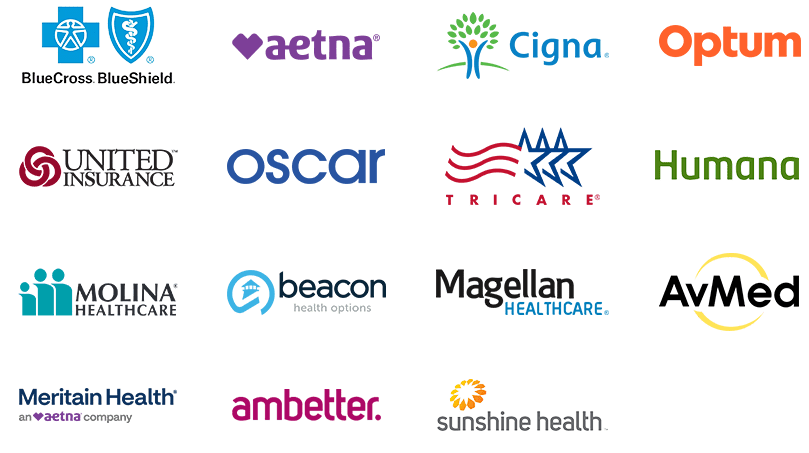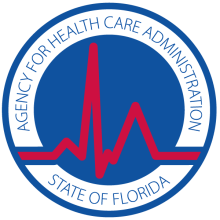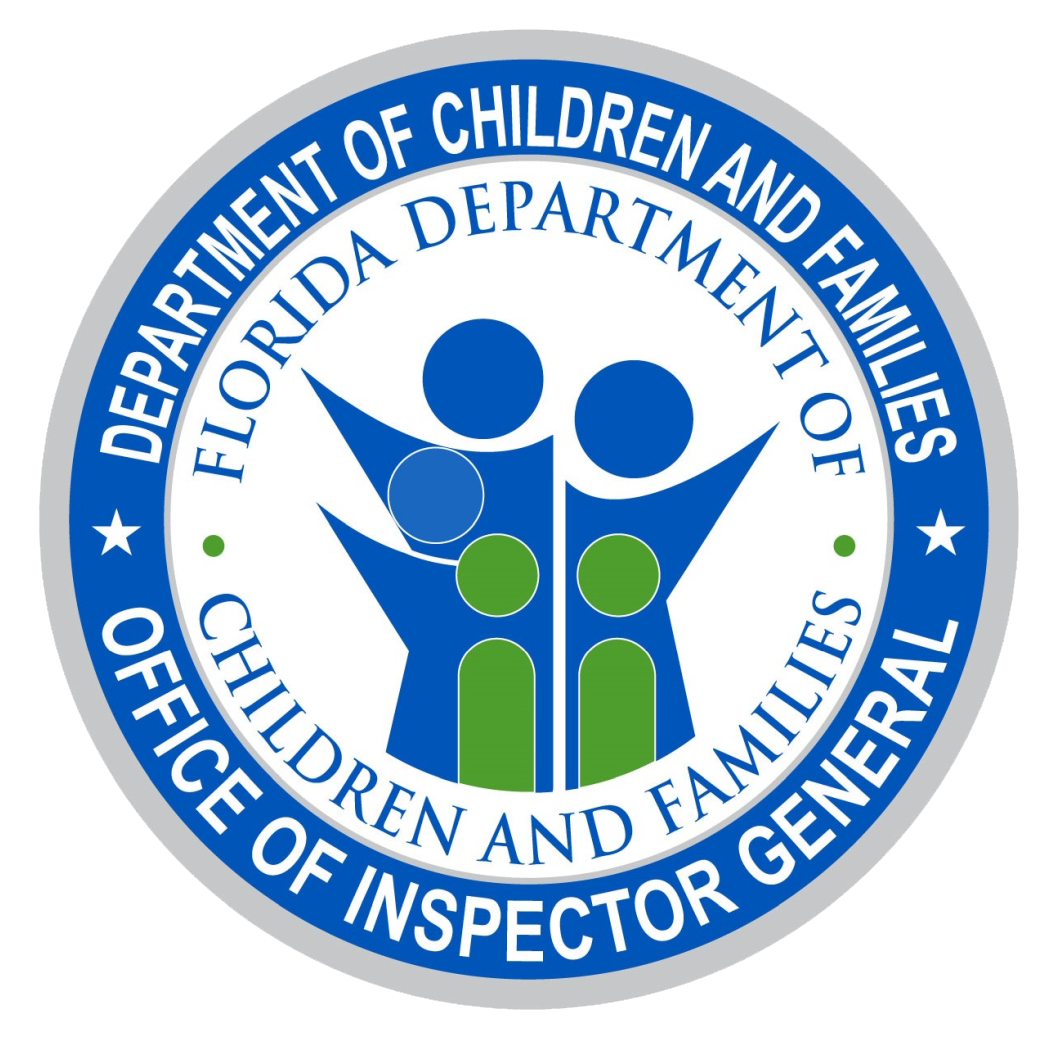HEROIN REHAB
IN SOUTH FLORIDA
Addiction is defined as a chronic relapsing brain disease. While this might suggest that it’s an incurable disease — which, unfortunately, is true to a degree — addiction can definitely be treated. Individuals who suffer from addiction can, with the appropriate resources, live healthy, normal, productive lives free from alcoholism or drug abuse. That’s where Principles Recovery Center comes in.
We are a premiere recovery facility located in South Florida, offering diverse, flexible treatment options for alcoholism, heroin addiction, cocaine addiction, and even nicotine addiction as well as a host of other substance abuse disorders. But as heroin addiction has recently reached epidemic-level proportions nationwide, our heroin addiction treatment options are among those resources that individuals often need the most.
We Offer Lifetime Aftercare Services. When You Need Us, We’re There.
WHAT TYPE OF DRUG IS HEROIN? WHY DO PEOPLE USE IT?
Before we can discuss heroin abuse and heroin addiction, or even heroin as a substance, it’s necessary, to begin with, the type of substance heroin is.
By this point, you’ve probably heard such terms as “opiates” and “opioids.” In short, an opiate is an opium-like chemical substance that’s been derived from the opium poppy. Opiates include substances like morphine and codeine, which see much less use — both clinically and among substance abusers — today than other opium-like substances.
Opioids are a much more broad term that’s often mistakenly used interchangeably with opiates; however, opiates and opioids are not the same things. While opiates are substances that are derived from opium, opioids are any substance with opium-like effects. So opioids include opiates as well as the countless non-opiate pharmaceutical substances that achieve very similar effects to opiates. One of the most common and well-known opioids that exist outside of the pool of opiates is oxycodone, which is also known as OxyContin.
As for heroin specifically, it’s an opioid drug that is synthesized from morphine, which, as we just discussed, is an opiate that occurs naturally and must be extracted from the seed pod of the Asian opium poppy plant.
Typically, heroin can be found in the form of a white or brown powder, but it’s also sometimes seen as a black sticky substance, which is colloquially known as “black tar heroin.” At Principles Recovery Center our clinical team is well-experienced in the most effective ways of developing comprehensive treatment plans that are optimally suited to each individual.
The United States is currently in the midst of an epidemic, so time is crucial when it comes to saving the life of you or one of your loved ones. At Principles Recovery Center, we offer treatment programs that are specially designed to treat heroin addiction and heroin abuse problems, putting particular focus on long-term, opioid-related trigger events.

Request a Confidential
Callback 24/7
MEDICAL DETOXIFICATION
IS NECESSARY
It serves as an initial primer for the remainder of the individual’s treatment process. If a patient were to simply skip the detoxification phase of the recovery and go straight into clinical treatment, it’s quite likely that he or she would be experiencing or suffering from withdrawal symptoms and immediately leave treatment and seek comfort in their drug of choice. Although the severity of withdrawal symptoms can vary from one person to the net, the majority of individuals who are suffering from withdrawal would have extreme difficulty participating in treatment even if they stayed. With certain substances like alcohol and benzos posing potentially fatal withdrawal symptoms, detoxification is a must in order to effectively produce the best treatment outcome.
Principles Recovery Center is With You for Life.
SIGN, SYMPTOMS, AND EFFECTS OF HEROIN ABUSE
For those addicted to heroin, the short and long term consequences of abuse can be deadly. It can sometimes be difficult to determine if a person is abusing heroin, but there are certain signs and symptoms that can help a person determine whether someone is addicted, including:
- Restricted pupils (pinpoint)
- Slowed breathing
- Drowsiness and fatigue, including “nodding out”
- Heaviness in arms and legs
- Nausea and vomiting
- Flushed skin
- Intense itching
While some people can hide their heroin use, others are more blatant in their use due to consequences such as loss of job, loss of home or relationship, financial hardships, and issues in the criminal justice system.
Chronic use of heroin leads to physical dependence, a state in which the body has adapted to the presence of the drug. If a person who is addicted to heroin reduces or stops use abruptly, he or she may experience severe symptoms of withdrawal. These symptoms—which can begin as early as a few hours after the last drug administration—can include:
- Restlessness
- Muscle and bone pain
- Insomnia
- Diarrhea and vomiting
- Cold flashes with goosebumps
- Kicking movements where the limbs, particularly the legs, twitch and jerk. During this period, users also experience severe craving for the drug during withdrawal, which can precipitate continued abuse and/or relapse. This is why it’s imperative to act quickly as post acute withdrawal symptoms can easily draw an individual back into addiction.
As heroin gets stronger so do the overdose rates in this country. Give us a call and start the process of ending your addiction today, it’s not easy, but we are committed to giving our absolute best effort.
Never Be Alone Again
Come Join Our Recovery Family
How We Help Set You Up for Success!
WHAT TREATMENT OPTIONS ARE AVAILABLE FOR HEROIN IN SOUTH FLORIDA
Much like with other mind-altering substances, there are numerous routes to recovery for individuals who suffer from heroin addiction. Similarly, many individuals who seek treatment for heroin addiction find that the optimal route to lasting recovery involves utilizing a selection of different treatment options. However, the important thing is to be aware of one’s specific recovery needs and to be able to match those needs to the types of treatment that are best able to prepare the individual for long-term sobriety.
For many individuals who seek recovery from heroin, the first step in the recovery process is detoxification. In brief, a heroin detoxification program is an initial period during which the patient focuses on overcoming the physical aspects of heroin addiction. Since abruptly ceasing heroin use typically results in heroin withdrawal symptoms, a detoxification program affords patients with a period of medical observation and care. If the individual finds himself or herself suffering from withdrawal symptoms immediately following the cessation of heroin use, a detox program ensures that he or she receives medical treatment and care from supervising staff members. To a large degree, detoxification serves as a primer for the treatment phase of recovery.
When detoxification is complete, a patient will likely proceed to the treatment phase of recovery. At Principles Recovery Center, this can entail one or more of the following programs: Inpatient treatment, partial hospitalization treatment, intensive outpatient treatment, or outpatient treatment. The idea is to consider a patient’s unique background and recovery needs so that the best treatment option for that particular individual can be selected. Oftentimes these programs are used together in sequence, starting with inpatient care before the patient progresses through outpatient treatment and into aftercare; most experts and recovery professionals agree that utilizing different forms of treatment as part of a single trajectory tends to yield the best results.
Aftercare is often overlooked but remains an essential part of the rehabilitation journey for most individuals. As suggested by the term, aftercare consists of the forms of care and support resources that are utilized after an individual has completed his or her addiction treatment program. There are numerous resources that can be included as part of an individual’s aftercare, including psychiatry and continuing counseling sessions, group therapy, recovery fellowships and support groups, and even career development sessions. By some standards, even sober living is considered a form of aftercare.
Although it’s not usually cited as the optimal recovery resource, medication-assisted treatment is another common form of treatment for heroin addiction. Typically using methadone or possibly Suboxone to “replace” heroin — hence why this type of treatment is often called “replacement therapy” — an individual receives a daily dose of the medication so as to stop using heroin without having to experience withdrawals.
Insurance Can Help Cover
the Cost of Treatment at PRC.

WE’VE GOT
YOU COVERED!
Insurance coverage for treatment is within reach. We are in-network with most insurance carriers in Florida.

Keeping You Connected to Lasting Recovery.
LET OUR HEROIN REHAB IN SOUTH FLORIDA HELP YOU QUIT USING
At Principles Recovery Center in Davie, FL we treat addiction to substances as well as numerous others ranging from Alcohol, crack/cocaine, and crystal meth to hallucinogens, inhalants, marijuana (cannabis), MDMA, and many others. Our heroin rehab program in South Florida offers you the opportunity to overcome addiction for good.
If you have any questions about our treatment options for heroin addiction, or to schedule a free consultation and assessment, call us today. As everyone is different and has different needs, we are happy to discuss the best options for your unique situation.
CREDENTIAL HIGHLIGHTS



